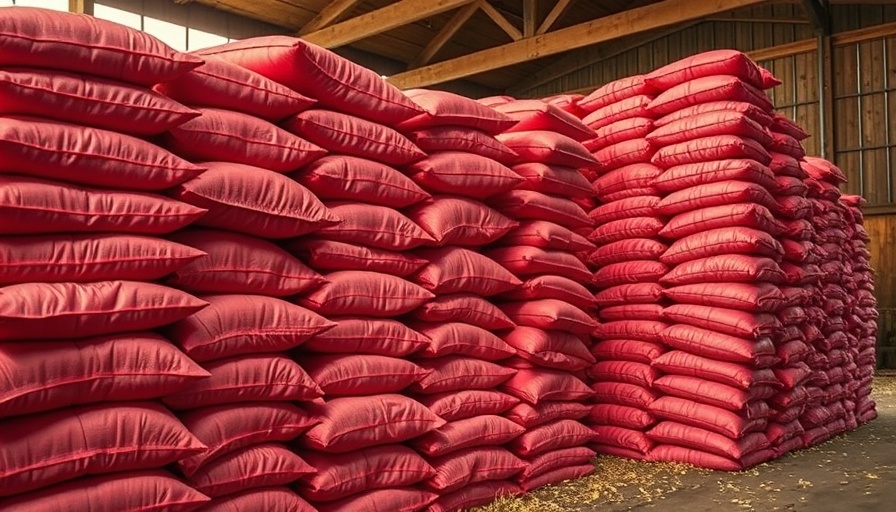
Rising Temperatures in Florida: A Ten-Year Trend
While June 2025 didn't break records for heat, Floridians still felt the effects of climate change. The average temperature across the state hovered at 81.8 degrees Fahrenheit, cooler than the previous year's 82.6 degrees but nonetheless significant in the broader context of rising long-term temperatures. According to the National Oceanic and Atmospheric Administration, the last decade saw an average June temperature in Florida rise to 81.5 degrees, compared to a historical average of 79.9 degrees since 1895.
Why Small Temperature Changes Matter
Jen Brady, a senior analyst at Climate Central, emphasizes that even slight increases in temperature can lead to substantial changes in our environment. These minor shifts can translate to higher electricity bills, struggles in plant growth, and altered rainfall patterns. As an illustration, Tampa and Sarasota have both experienced significant temperature rises in June over the past century, evidencing a concerning trend that could impact local ecosystems and livelihoods.
Global Context: Florida Among the 'Hot Spots'
The reality in Florida reflects a broader pattern observed worldwide. Brady points out that the U.S. had its warmest year on record last year, running 3.5 degrees above the 20th-century average. This continuous setting of temperature records highlights the urgent need for awareness and action regarding climate change. As summers heat up, understanding the implications for public health and local weather patterns becomes increasingly important.
The Future: What’s at Stake for Floridians?
Looking ahead, Floridians must grapple with the consequences of a warming climate, including potential increases in health risks and the likelihood of more intense hurricanes. These challenges validate the need for proactive measures to address climate adaptation. This situation calls for community engagement and prompt action to mitigate the repercussions of rising temperatures, not just for Floridians but for residents across the globe.
 Add Row
Add Row  Add
Add 



Write A Comment